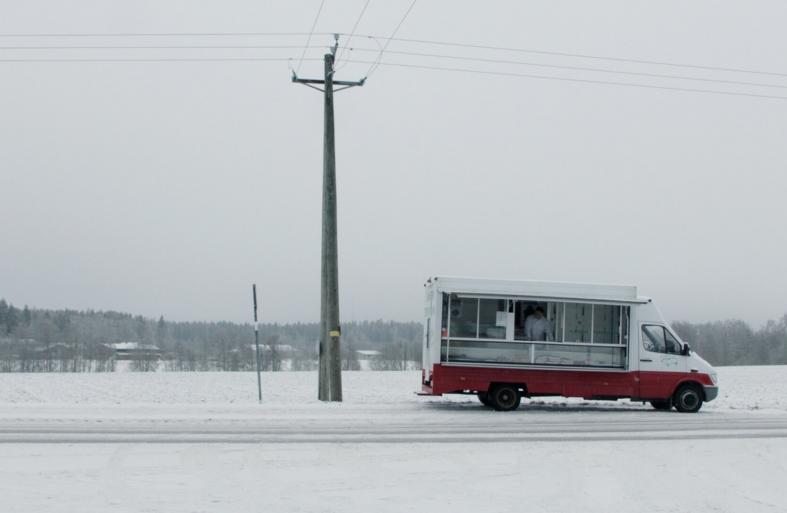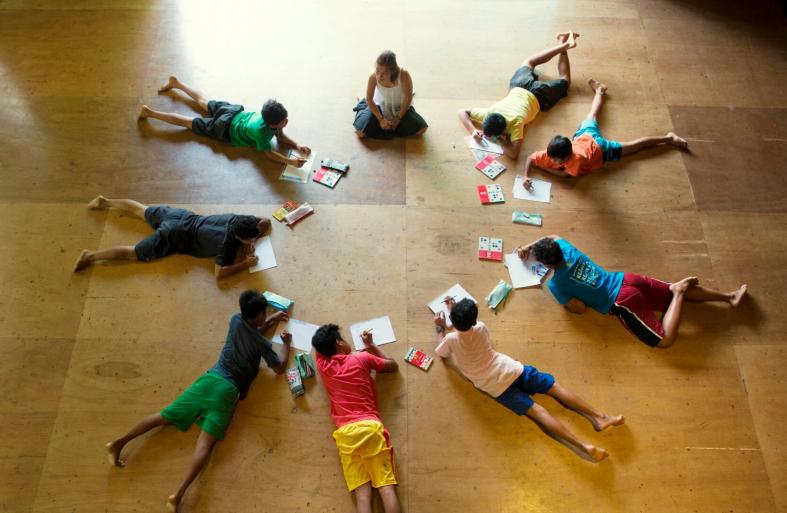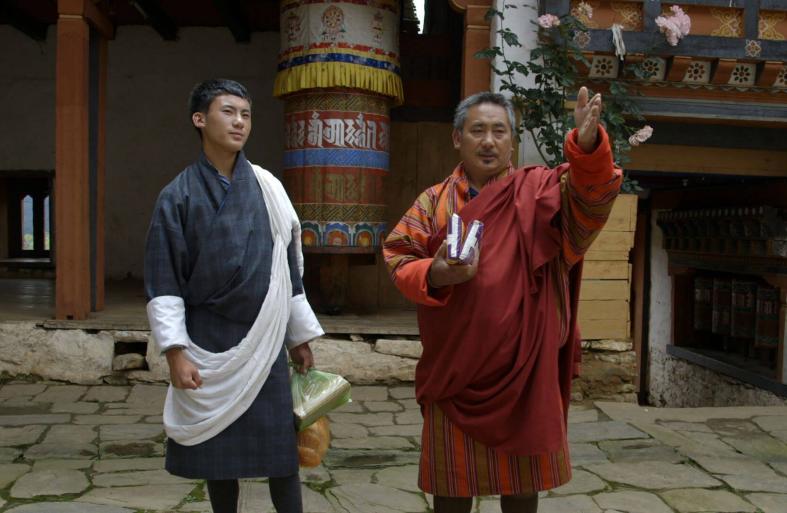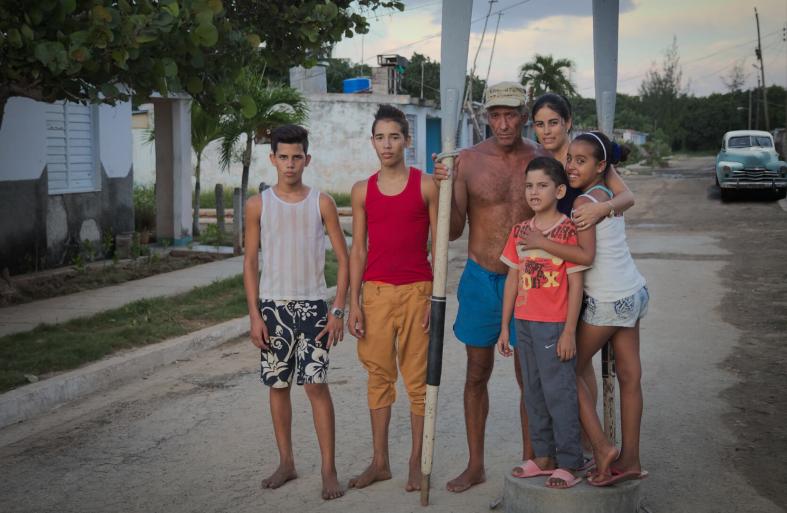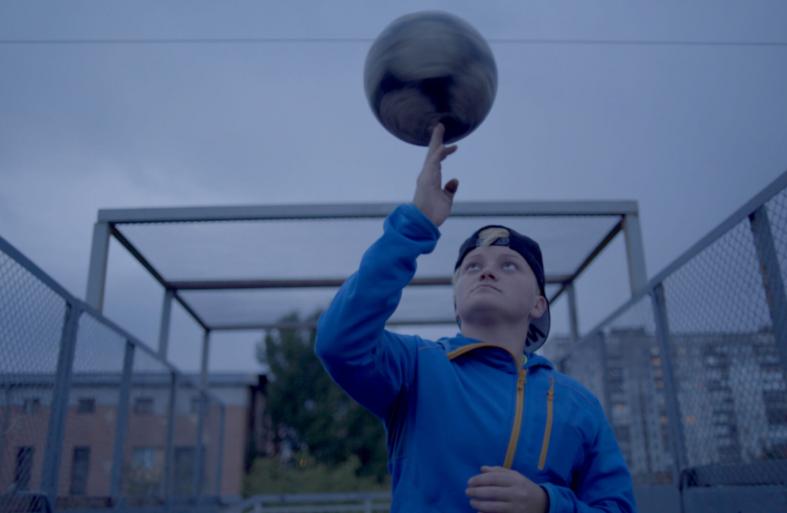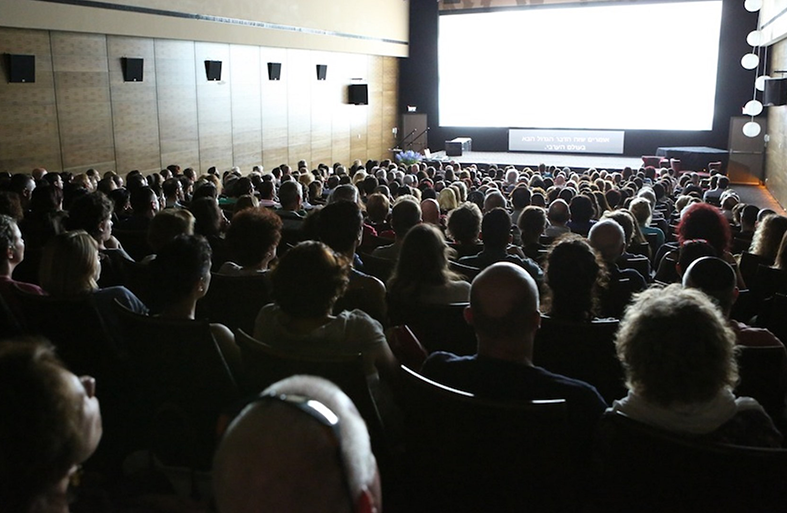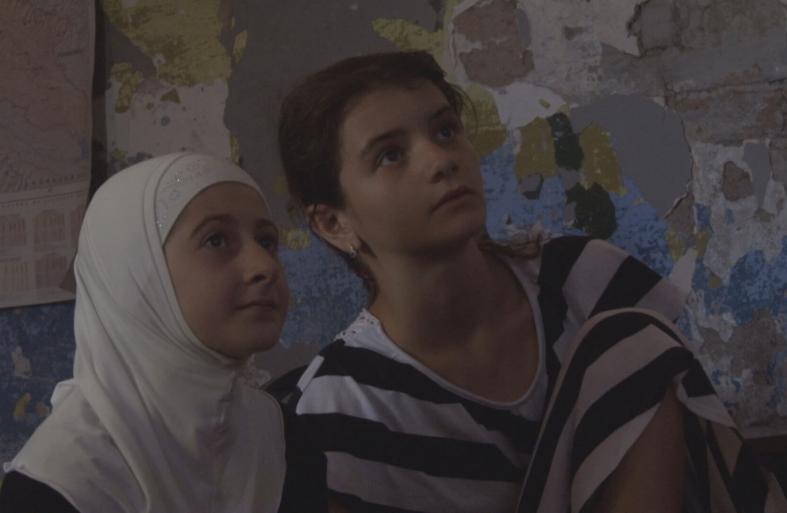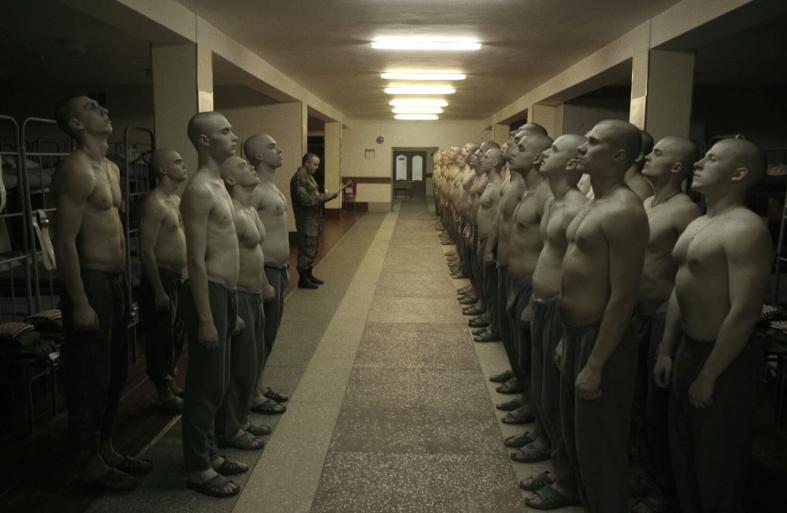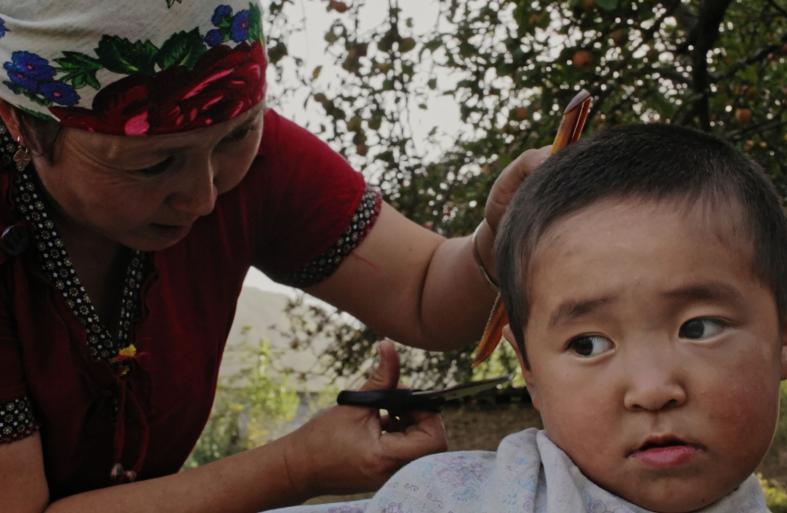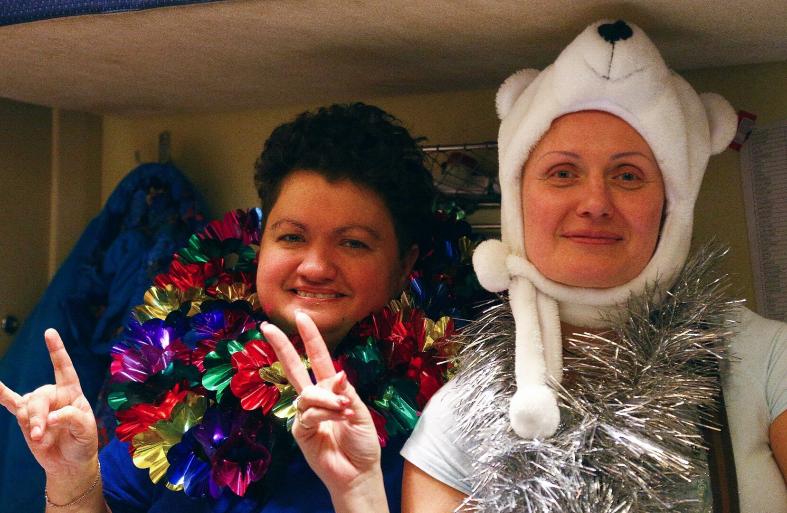The Jerusalem Cinematheque, together with the Department of Sociology and Anthropology at the Hebrew University, are working to promote documentary films with ethnographic orientation. These films use cinematic techniques in order to demonstrate the complexity and difficulties of the lives of individuals and communities around the world, the relationship between the human and non-human, and the social political and financial aspects of these relationships.
The screenings are accompanied by lectures and talks with some of the filmmakers.
Come join us, come and be part of the world we live in.


